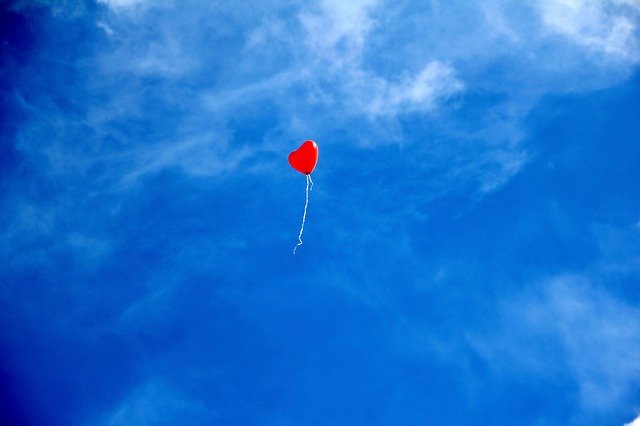March 3, 2021
Unpredictable hope
I just briefly posted at Psychology Today about the way hope has been welcomely intruding as grief sometimes does.


March 3, 2021
I just briefly posted at Psychology Today about the way hope has been welcomely intruding as grief sometimes does.

September 7, 2013
When I was young man,, when there was a personal tragedy, you went through a grieving period. It was big news when Elisabeth Kübler-Ross introduced the five stages of grief, providing a way of understanding grief as a longer and more complex process. St Kübler-Ross added more stops on that journey, but grief was still a journey that gradually came to end — albeit with occasional flare-ups. (I interviewed her in the 1970s for a newsweekly about her “evidence” for life after death. Anyway.)
It seems to me that the concept of Post Traumatic Stress Disorder has changed how we experience grief, at least in some cases. If the death was particularly horrific or unexpected, PTSD provides a framework for explaining grief not as a fairly continuous and predictable process, but as a shock to your system that produces a shower of unpredictable and seemingly irrational reactions. You find yourself crying, or shaking, or angry at provocations that seem to have nothing to do with the person you’re mourning, and these episodes continue long after you’ve gone through the five stages. I’ve experienced this with the death of mother after a long course of lung cancer: for years afterwards, I would begin weeping when in an audience that was applauding. Weird. I shrugged and explained it to myself as a type of PTSD.
I’m not pretending to be a therapist here. I’m not trying to use the term PTSD with clinical precision. Rather, I’m interested in how we explain our grief to ourselves. I find it very interesting that we’ve taken a disorder initially designed to explain the emotional toll on warriors and now apply it far more widely. It implies a different model of consciousness — from a creature that “works through” a loss the way a chord that is struck gradually quiets, to a creature that is far more complex, discontinuous, and and subject to cascades of emotion based on tangentially related triggers.
Steven Johnson gives an example of this in his wonderful book, Mind Wide Open. He finds himself feeling anxious when it’s a crisp, sunny fall day in NYC. He eventually realizes that this is because his brain has connected that particular weather to the weather on 9/11/2001. What was probably a useful adaptation in an uncontrolled environment is of no use in a modern city.
In ordinary parlance we’ve taken PTSD out of its war-time context because it’s gives us a way to make sense of our irrational reactions, which requires a different concept of consciousness. It’s a useful cognitive adaptation of our self-understanding.
October 14, 2012
I woke up this morning with this forming in my head. Afterwards, I realized it’s about my friend Michael O’Connor Clarke who died yesterday.
Evergreen
The yew that margins our yard
grew so implacably large
that it shoved off the walk
mothers with strollers,
and brought dogs to curse
at its succor for squirrels.
So, when the cold days set in
I did what the Internet said
and lopped and sawed
and hemmed past its quick,
revealing the brute as
a pile of scratchy sticks
without shape except
where it ends.Now my yew is catching
leaves from more proper plants
that have learned by falling
that autumn is a lie
that winter smoothly tells.
My deepest condolences to Michael’s family. I cannot express the joy he brought to anyone within earshot, and especially to his friends.
Some links: his blog, a page of support, his tweets, tweets about him, joey devilla remembers him, akma celebrates him, Jeneane mourns the loss of a brother on the Net…